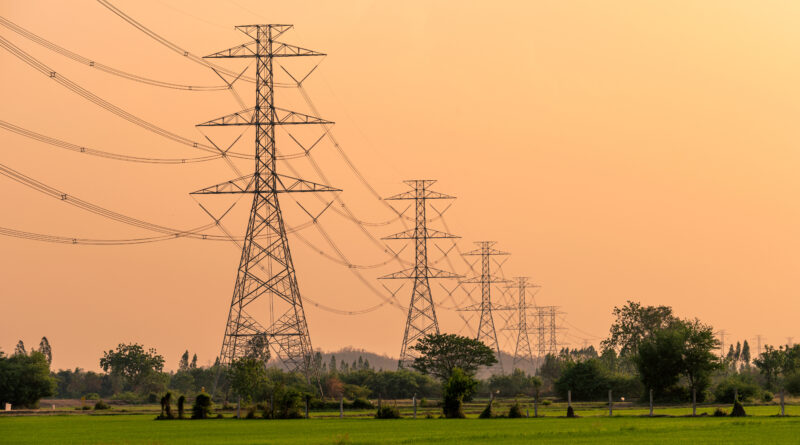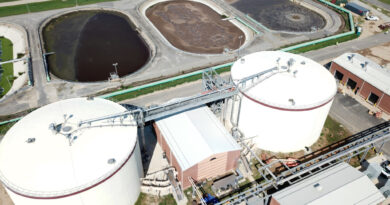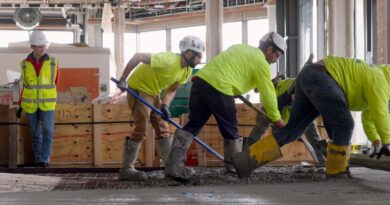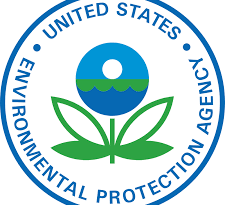Biden Invests $2.3B in Projects to Expand Affordable, Reliable, Clean Power in Rural Communities
U.S. Department of Agriculture (USDA) Secretary Tom Vilsack announced the first five awards totaling $139 million under the Powering Affordable Clean Energy (PACE) program at the National Rural Electric Cooperative Association’s PowerXchange annual meeting in San Antonio, Texas. This announced was made in combination with clean energy investments in 23 states being made to reduce pollution and strengthen rural America’s power grid. $2.2 billion in funding was also announced, awarded to 39 projects helping to ensure that over two million people in rural areas have access to reliable electricity.
“Rural electric cooperatives are the backbone of America’s power delivery, and the Biden-Harris Administration is committed to helping them create a path toward a cleaner, more sustainable future that lowers energy costs and creates jobs and lasting economic prosperity for people everywhere,” Secretary Vilsack said. “Today’s announcement reinforces this commitment and delivers on President Biden’s promise to strengthen America’s energy security by investing to deploy renewable energy technology and upgrade thousands of miles of transmission line across the nation.”
Financing for projects is available through the Electric Infrastructure Loan and Loan Guarantee program, and USDA is selecting the first applications to move forward in the awards process for the Powering Affordable Clean Energy program.
According to the USDA, Together, these projects will reduce electricity costs for hardworking families and small business owners and prevent power outages in the face of extreme weather exacerbated by the climate crisis. The investments will also strengthen the nation’s energy independence and good-paying jobs that benefit everyone.
These announcements advance President Biden’s Justice40 Initiative, which set the goal that 40 percent of the overall benefits of Federal climate, clean energy, and other covered investments flow to disadvantaged communities that are marginalized by underinvestment and overburdened by pollution.




